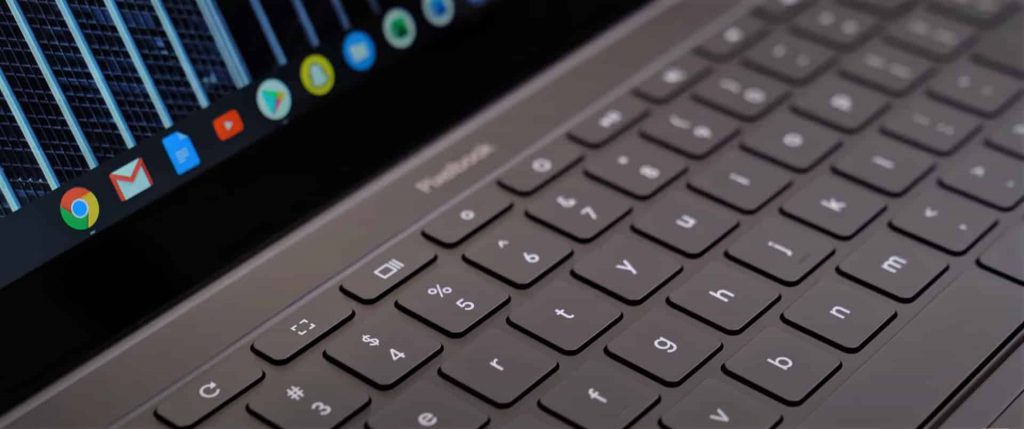When buying a new Chromebook, one thing we should all by now be trained to look out for is its “expiration date,” or the date after which you’ll no longer receive updates. It seems Google has found a clever potential solution to make the end of OS updates less of a death sentence for your Chromebook by separating browser updates from Chrome OS updates.
Every six weeks or so, Google releases an update for Chrome which we typically follow for its fun and exciting new features. Even if you don’t care about the features, though, it’s important to keep Chrome up to date so that you have the latest security updates to keep your computer and information safe while browsing.
Thankfully, this may be about to change. Google has been working for a few months on a new project in Chrome codenamed “LaCrOS,” which we discovered this week through a new flag being added to chrome://flags.
LaCrOS SUPPORT
Support for the experimental lacros-chrome browser.
#lacros-support
This flag is obviously not very descriptive on its own, but after some digging, we think we’ve got a pretty good idea of what’s going on. First, we noticed that the project was at one point instead called “Linux-chrome.” This seemed weird, as Chrome OS already has an essentially Linux-based Chrome browser.
So we dug deeper. In a stroke of luck, we found a conversation between two developers with two key quotes that more or less explain exactly what LaCrOS is trying to do. Check it out:

i thought the point of across is to ship trunk chrome to old systems?
For reference, “trunk chrome” here simply refers to Chrome Canary, which is updated daily from the latest code or the “trunk,” as explained in Chrome’s developer documentation. So this quote is saying that LaCrOS is designed to put the newest possible Chrome onto an “old” Chromebook.
From what I understand, one of the motivations for LaCrOS is that it makes chrome-for-ChromeOS more like chrome for other systems, where we ship a binary for that os built like we (browser team) want, independent of the toolchain of the os.

